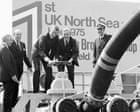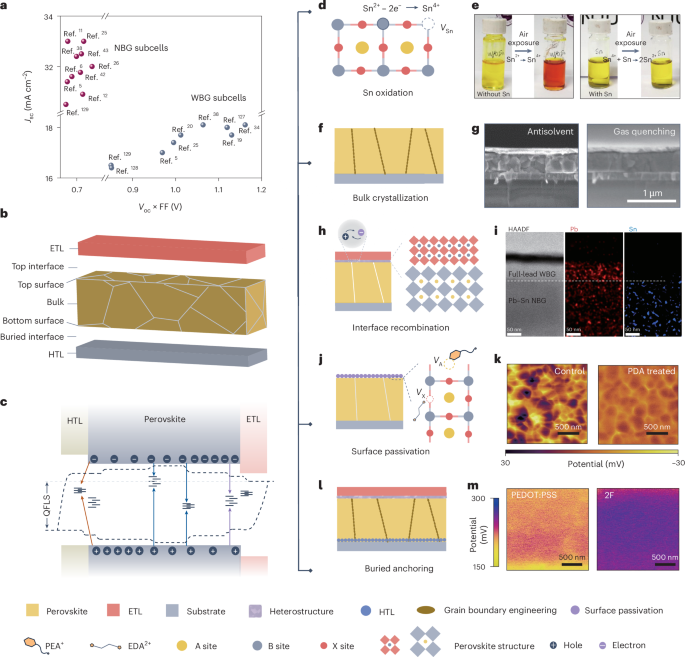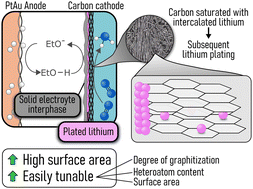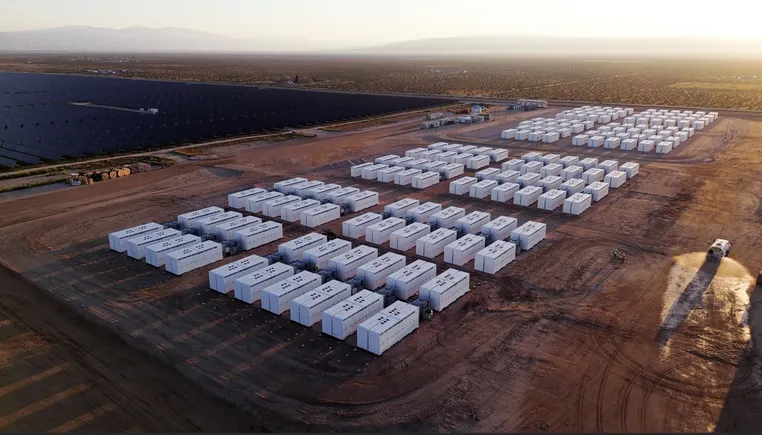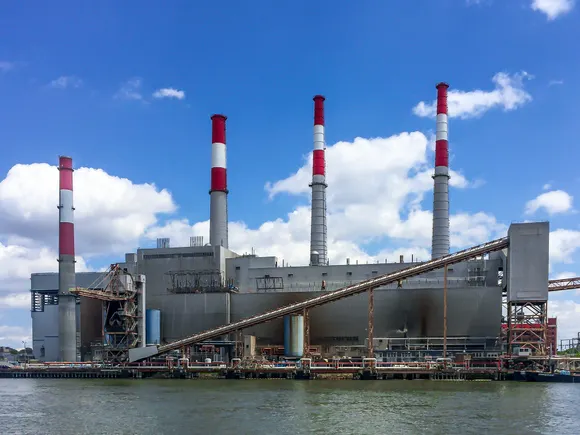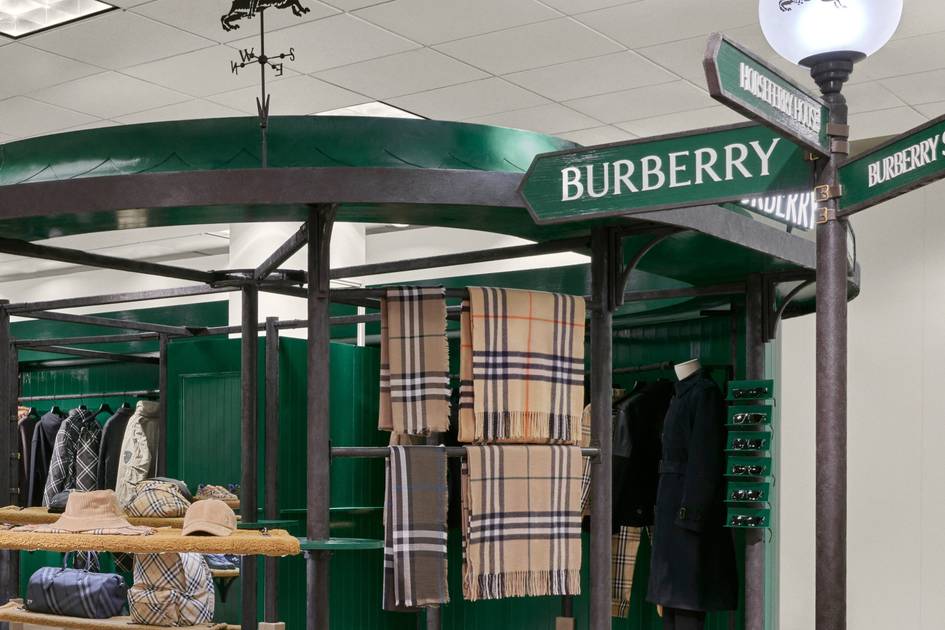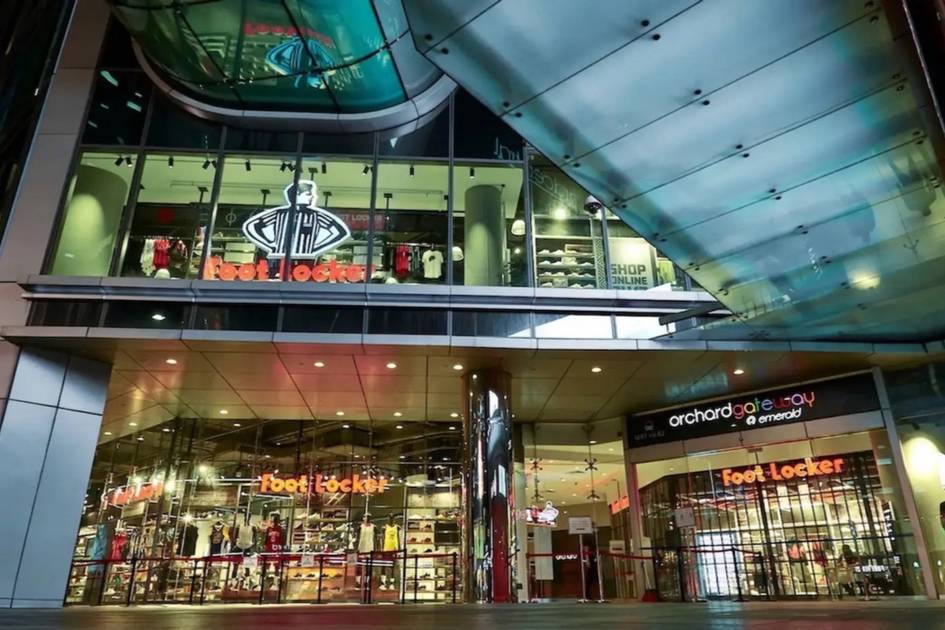Can a car guy save Kering? Luca de Meo steps into fashion’s toughest role
New Kering CEO Luca de Meo Credits: Kering Opinion When Luca de Meo clocks in as CEO of Kering this September, just days before Milan Fashion Week, it won’t be to tweak a machine humming along smoothly. Instead, the man who breathed new life into automotive brands like Renault and Fiat, walks into a fashion empire in crisis. Kering’s market value has plummeted by over 60 percent since its peak in 2021, weighed down by the underperformance of flagship brand Gucci and a broader identity issues across its portfolio. De Meo’s appointment marks a bold departure for the Pinault family, whose carefully orchestrated succession plan has placed a seasoned outsider at the helm of their fashion group. It's an admission that luxury’s old guard may no longer be equipped to steady the ship. Current CEO François-Henri Pinault, who will remain as chairman, has long surrounded himself with loyal insiders like Jean-François Palus and Francesca Bellettini, trusted, but untested in crisis. De Meo, by contrast, has built a reputation on results, not relationships. Steering Kering: A new hand on the wheel The fashion industry may bristle at the idea of an outsider, but Chanel’s appointment of Leena Nair, a former Unilever executive, proves that soft luxury is no longer off-limits to seasoned operators from adjacent sectors. In many ways, cars and couture aren’t so different: both demand meticulous brand stewardship, global positioning finesse, and a ruthless command of supply chain complexity. De Meo, an Italian who has successfully navigated the nuances of French corporate culture, may prove uniquely equipped. His challenge lies in imposing structure on a sector fuelled by instinct and ego, without stifling the creativity it depends on. Still, the runway ahead won’t be smooth. Kering is a house of brands in search of momentum. Gucci’s creative direction remains unsettled post-Alessandro Michele and Sabato De Sarno. Balenciaga, after spending a year rebuilding trust after reputational missteps, is entering a new era under Pierpaolo Piccoli. And Saint Laurent and Bottega Veneta, while stable, so far lack the growth engine power of LVMH’s juggernauts. The challenge is not just turnaround, it’s transformation. De Meo must find a way to restore glamour and desirability without falling into the trap of cosmetic change. Fashion doesn’t just need structure; it needs soul. If he succeeds, de Meo will have accomplished something few automotive CEOs have ever done, steer a fashion group out of luxury limbo.
Opinion When Luca de Meo clocks in as CEO of Kering this September, just days before Milan Fashion Week, it won’t be to tweak a machine humming along smoothly. Instead, the man who breathed new life into automotive brands like Renault and Fiat, walks into a fashion empire in crisis. Kering’s market value has plummeted by over 60 percent since its peak in 2021, weighed down by the underperformance of flagship brand Gucci and a broader identity issues across its portfolio.
De Meo’s appointment marks a bold departure for the Pinault family, whose carefully orchestrated succession plan has placed a seasoned outsider at the helm of their fashion group. It's an admission that luxury’s old guard may no longer be equipped to steady the ship. Current CEO François-Henri Pinault, who will remain as chairman, has long surrounded himself with loyal insiders like Jean-François Palus and Francesca Bellettini, trusted, but untested in crisis. De Meo, by contrast, has built a reputation on results, not relationships.
Steering Kering: A new hand on the wheel
The fashion industry may bristle at the idea of an outsider, but Chanel’s appointment of Leena Nair, a former Unilever executive, proves that soft luxury is no longer off-limits to seasoned operators from adjacent sectors. In many ways, cars and couture aren’t so different: both demand meticulous brand stewardship, global positioning finesse, and a ruthless command of supply chain complexity.
De Meo, an Italian who has successfully navigated the nuances of French corporate culture, may prove uniquely equipped. His challenge lies in imposing structure on a sector fuelled by instinct and ego, without stifling the creativity it depends on.
Still, the runway ahead won’t be smooth. Kering is a house of brands in search of momentum. Gucci’s creative direction remains unsettled post-Alessandro Michele and Sabato De Sarno. Balenciaga, after spending a year rebuilding trust after reputational missteps, is entering a new era under Pierpaolo Piccoli. And Saint Laurent and Bottega Veneta, while stable, so far lack the growth engine power of LVMH’s juggernauts.
The challenge is not just turnaround, it’s transformation. De Meo must find a way to restore glamour and desirability without falling into the trap of cosmetic change. Fashion doesn’t just need structure; it needs soul. If he succeeds, de Meo will have accomplished something few automotive CEOs have ever done, steer a fashion group out of luxury limbo.











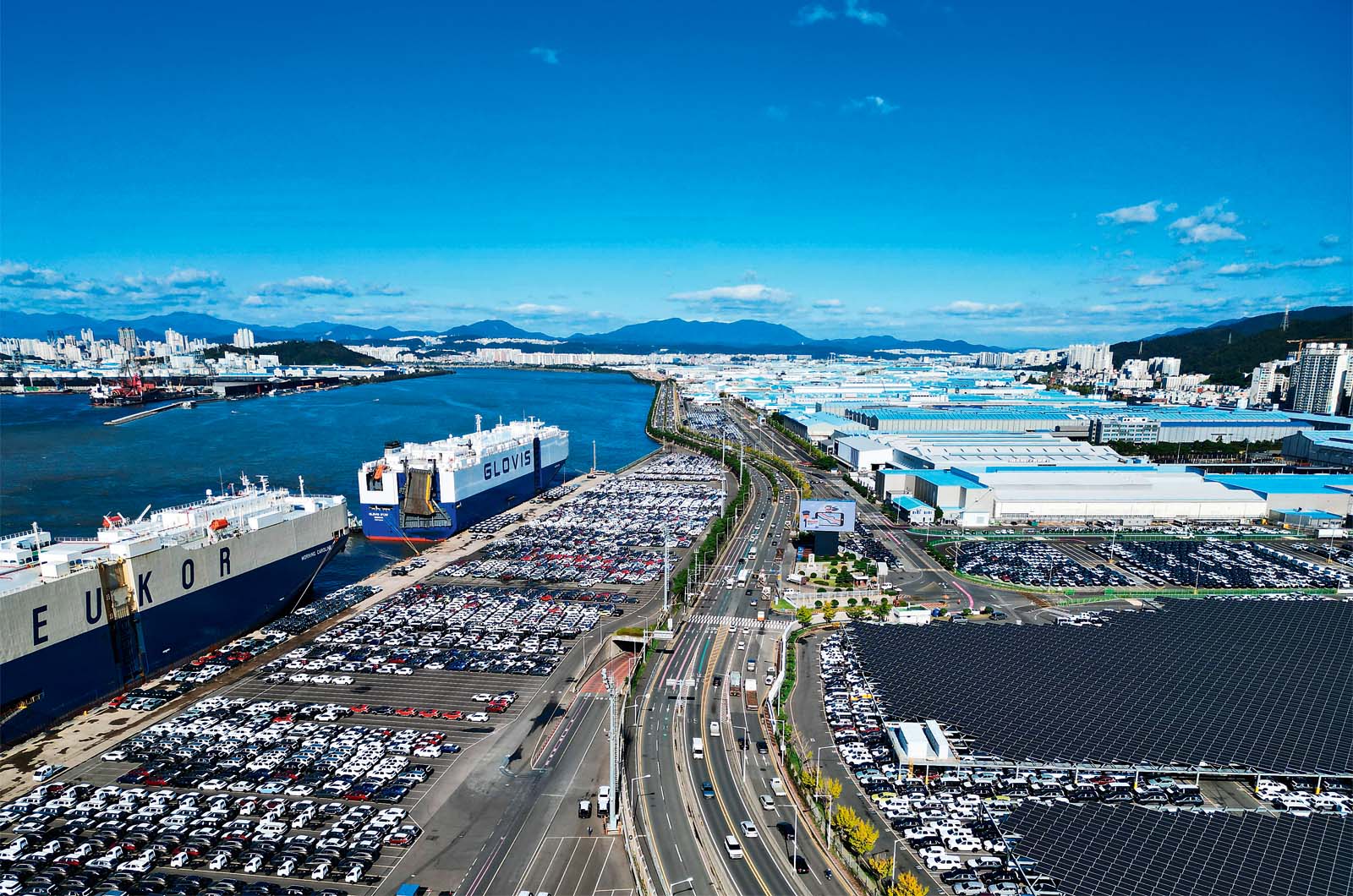
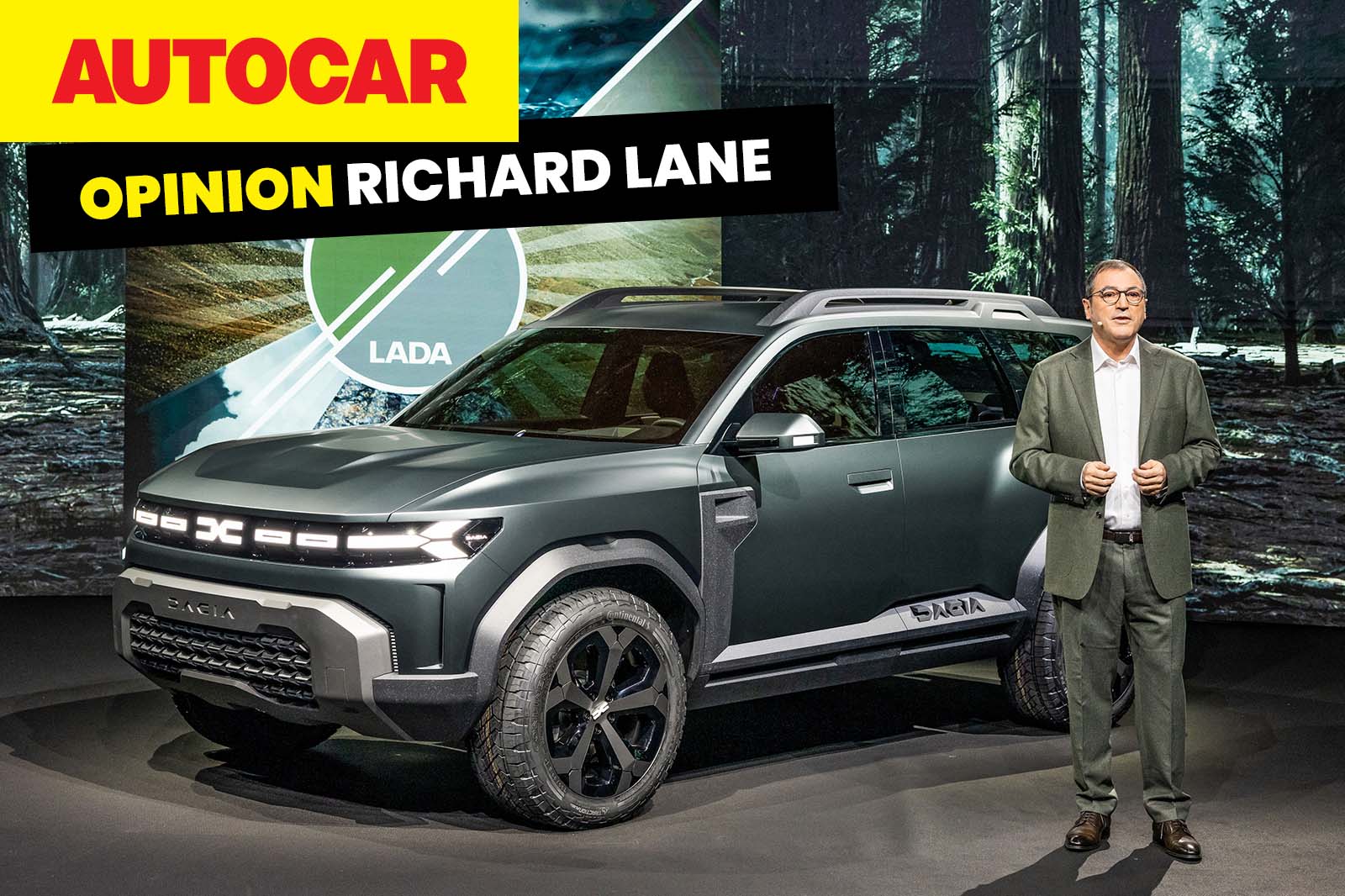
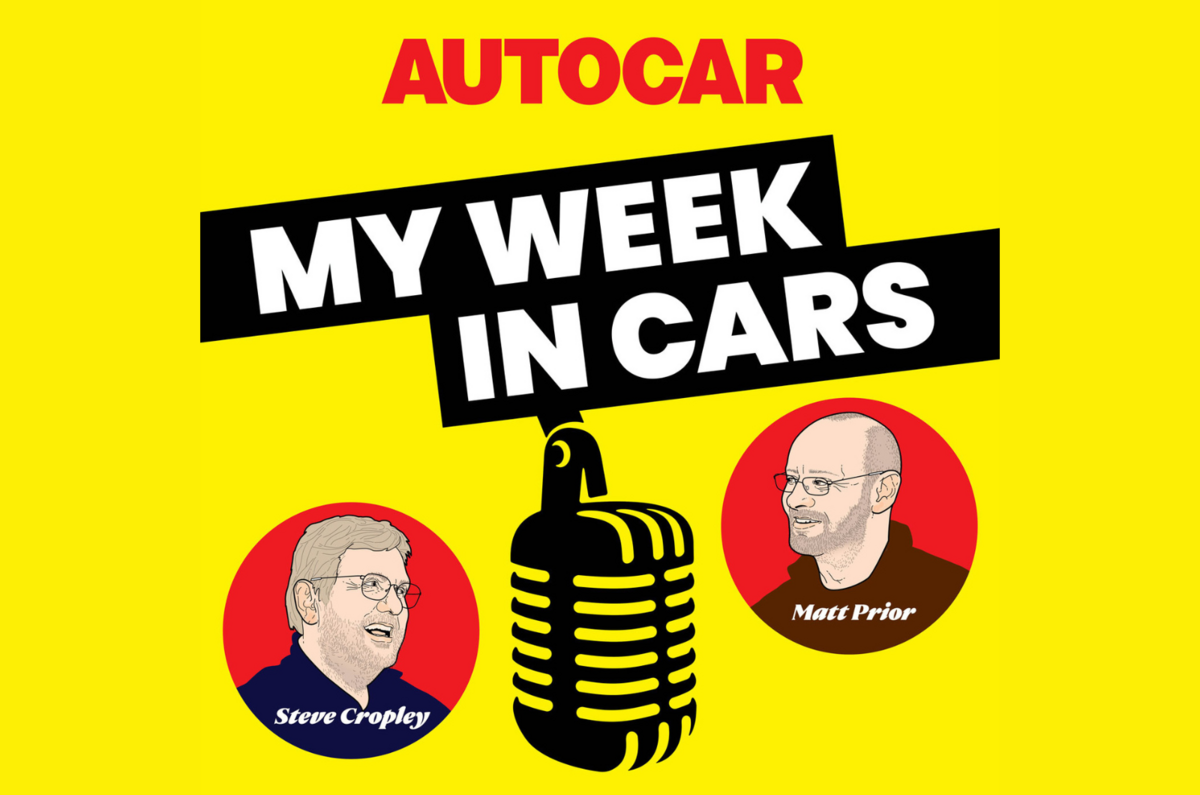
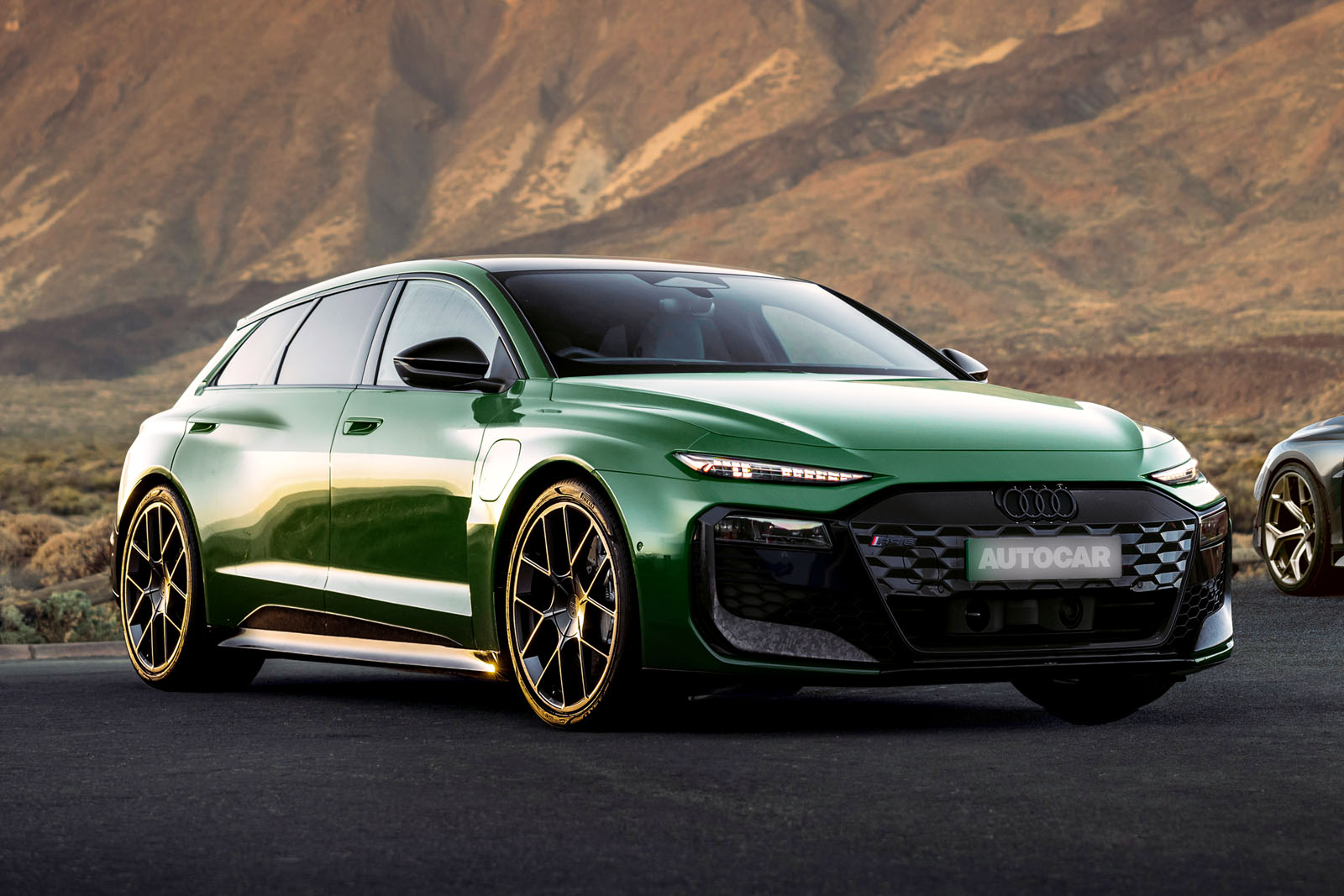















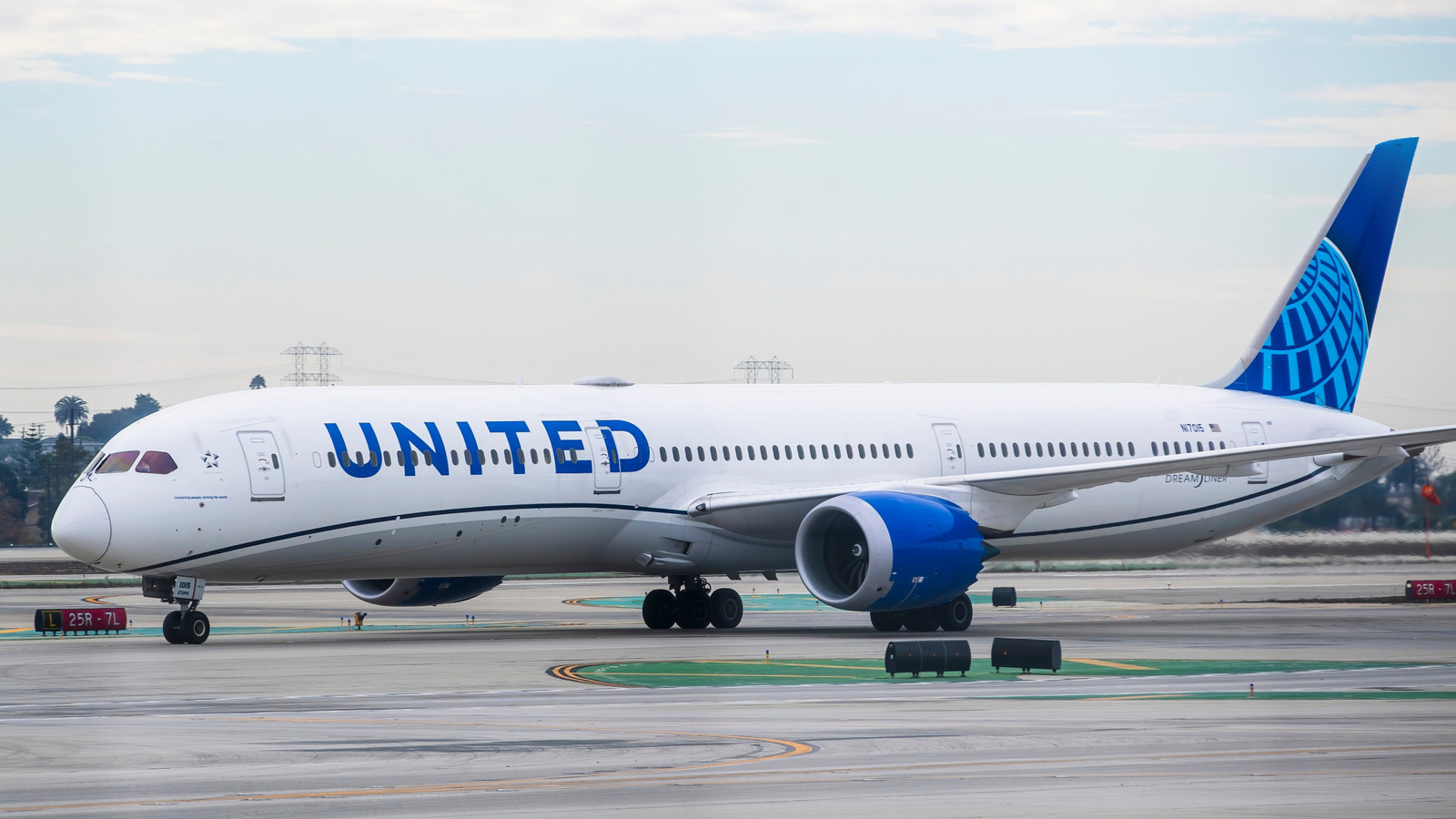
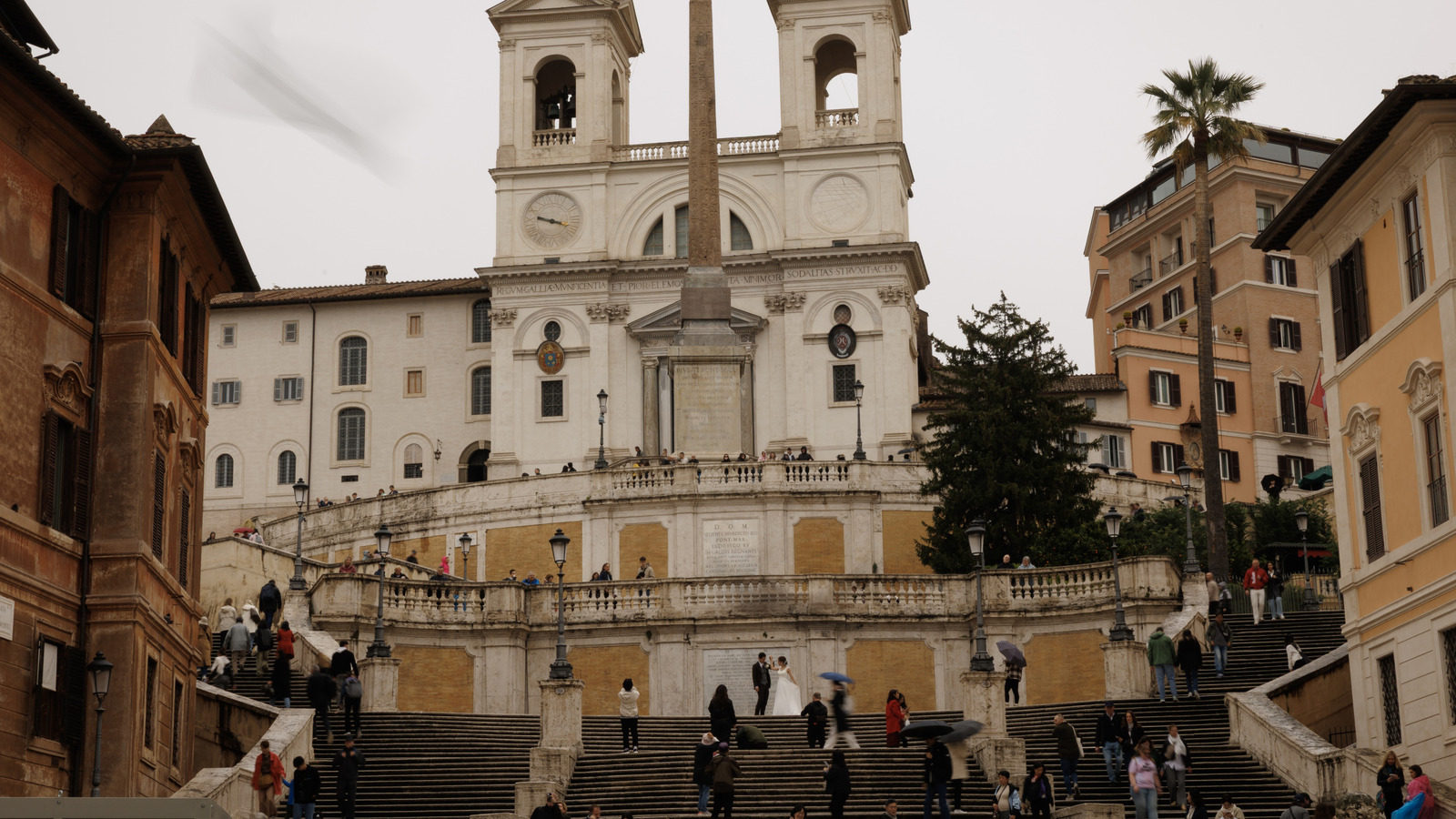
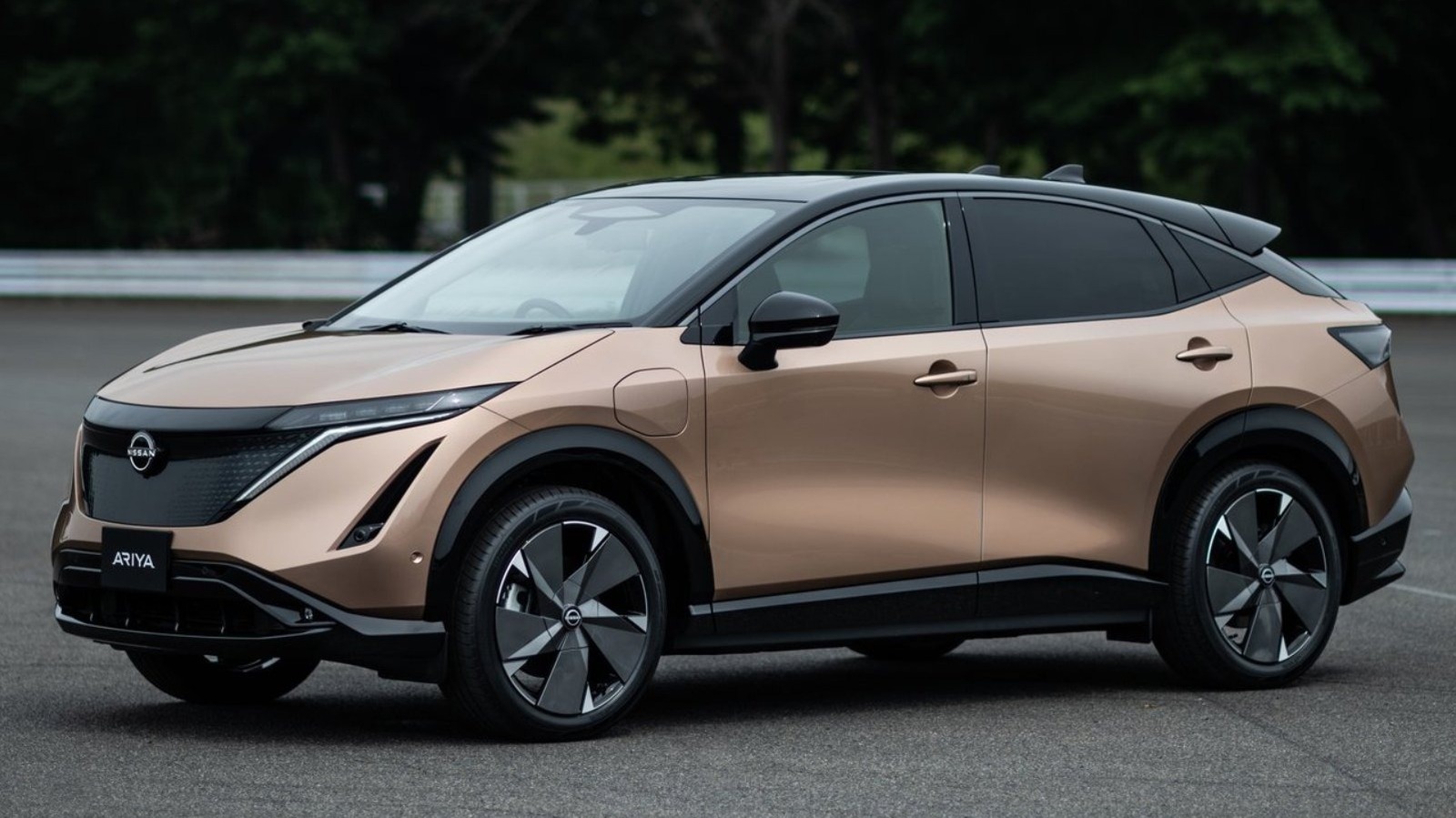
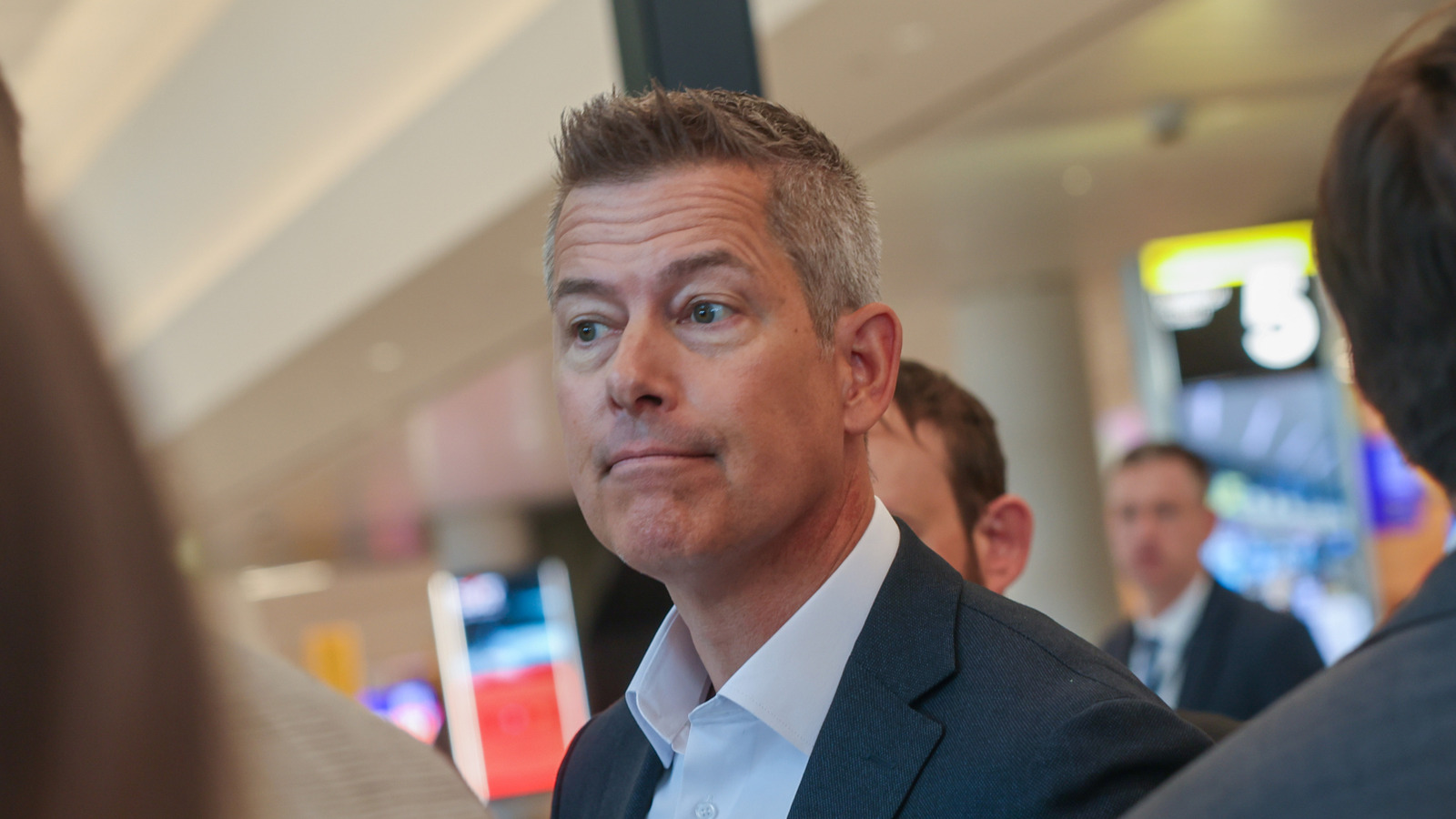













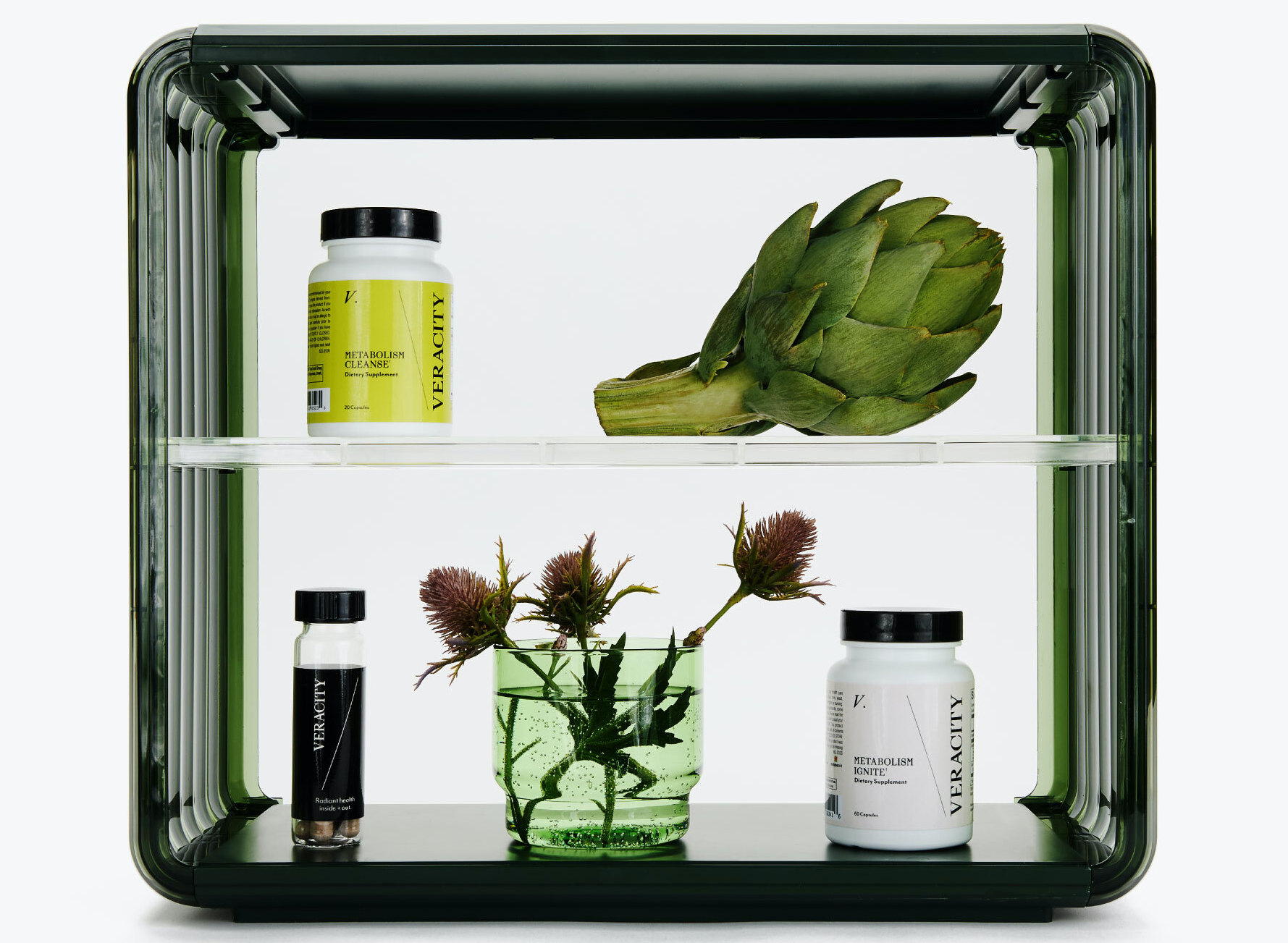
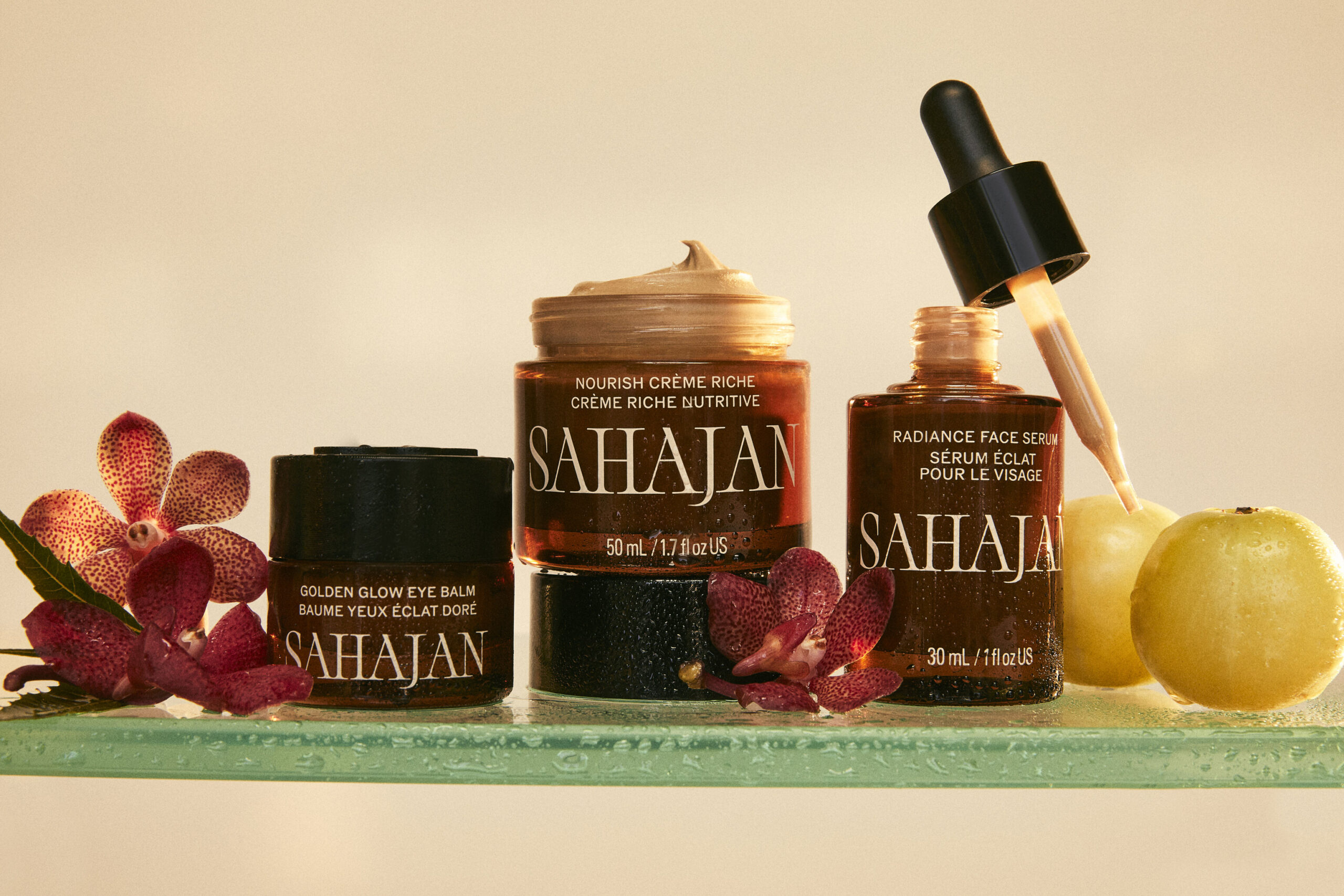








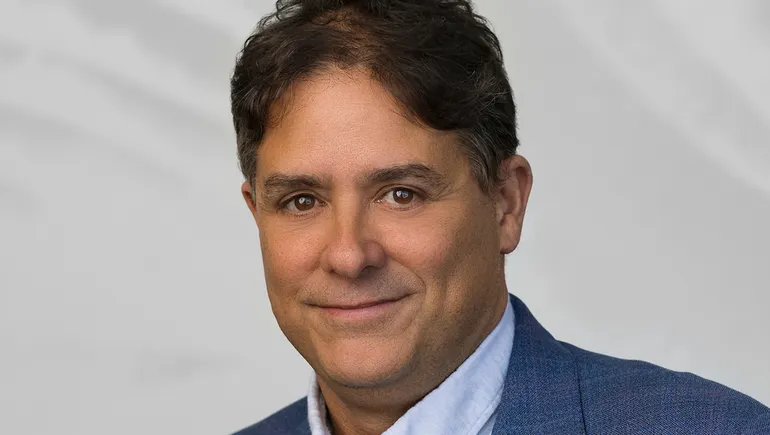


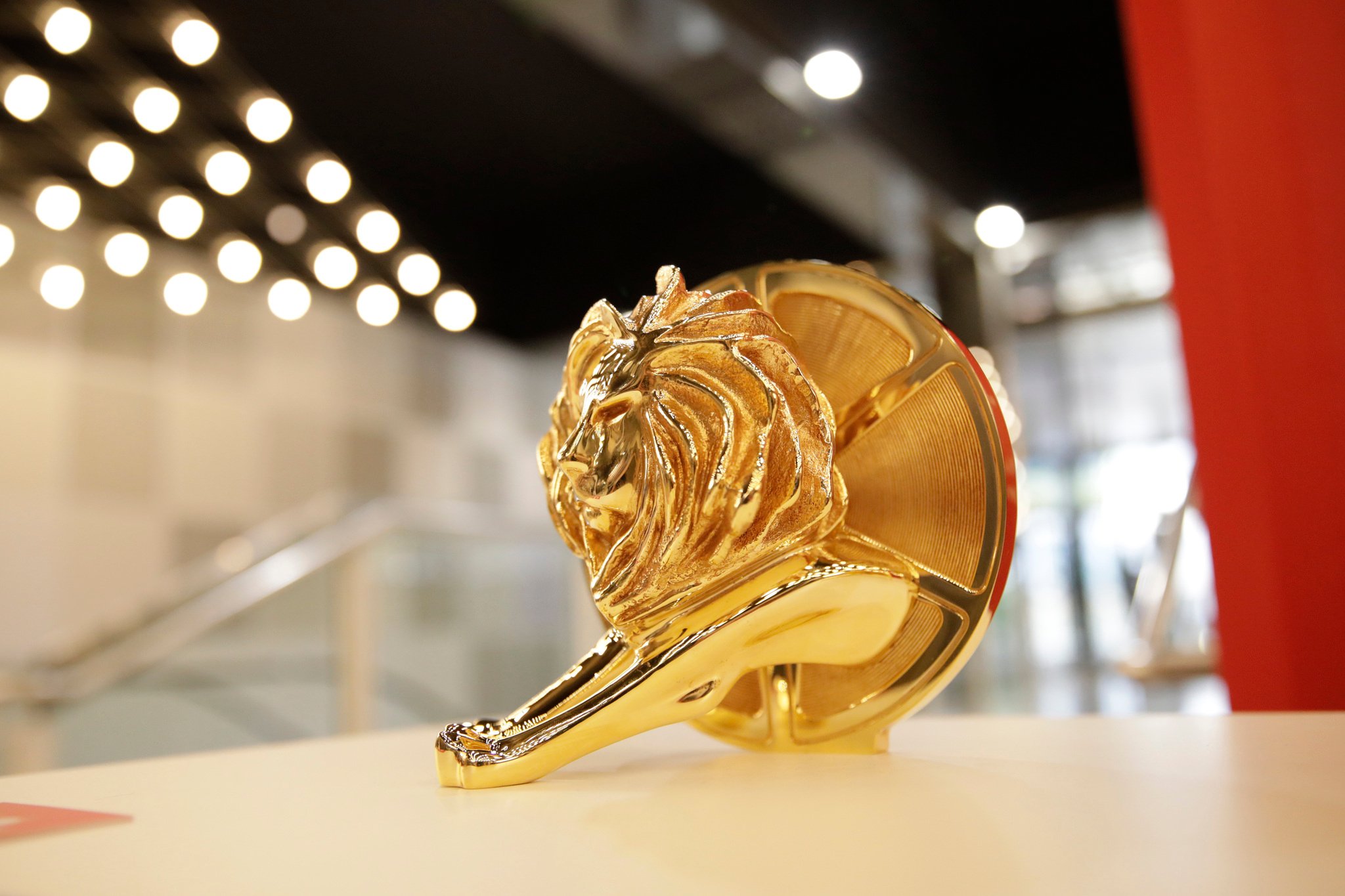

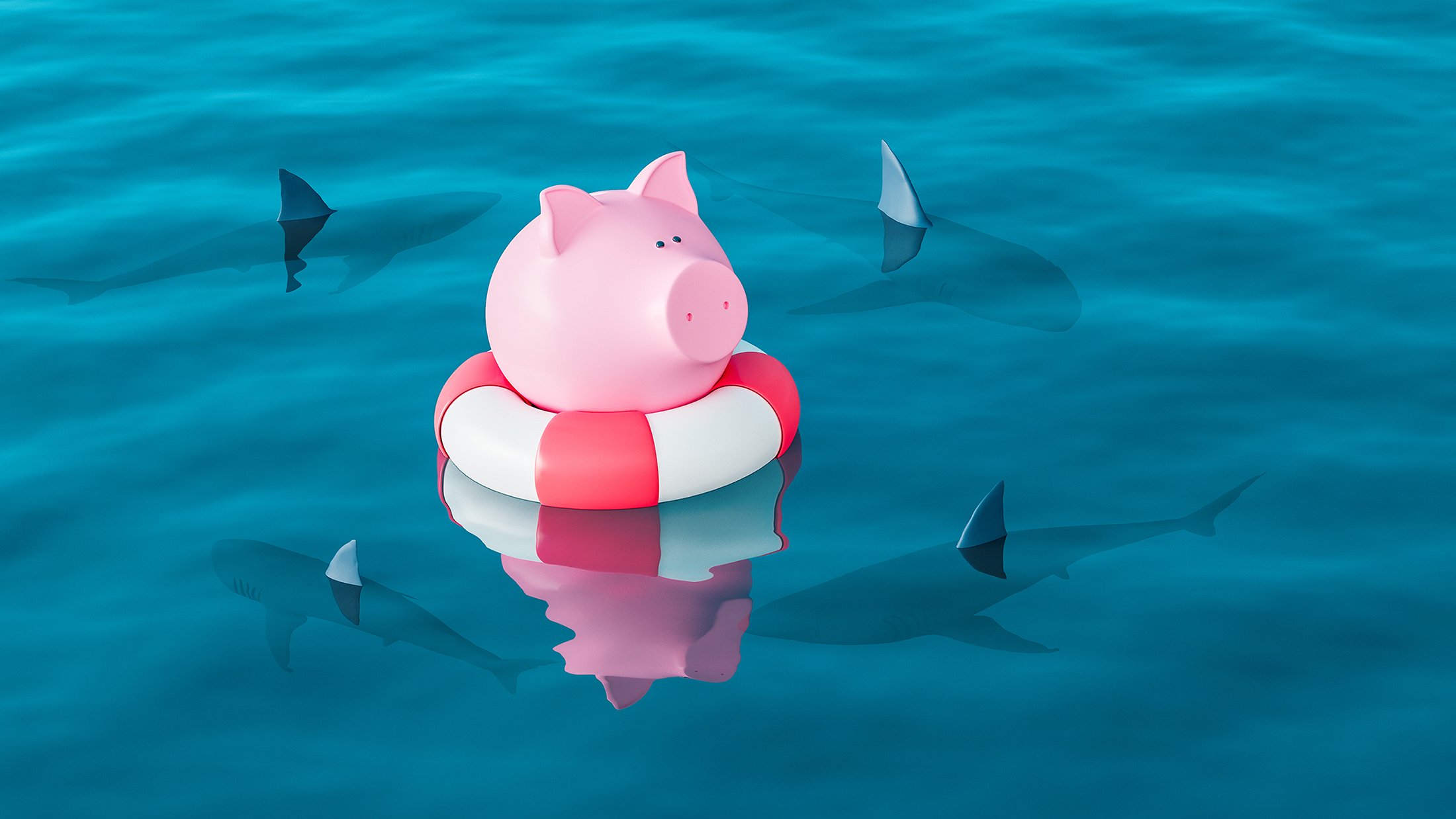

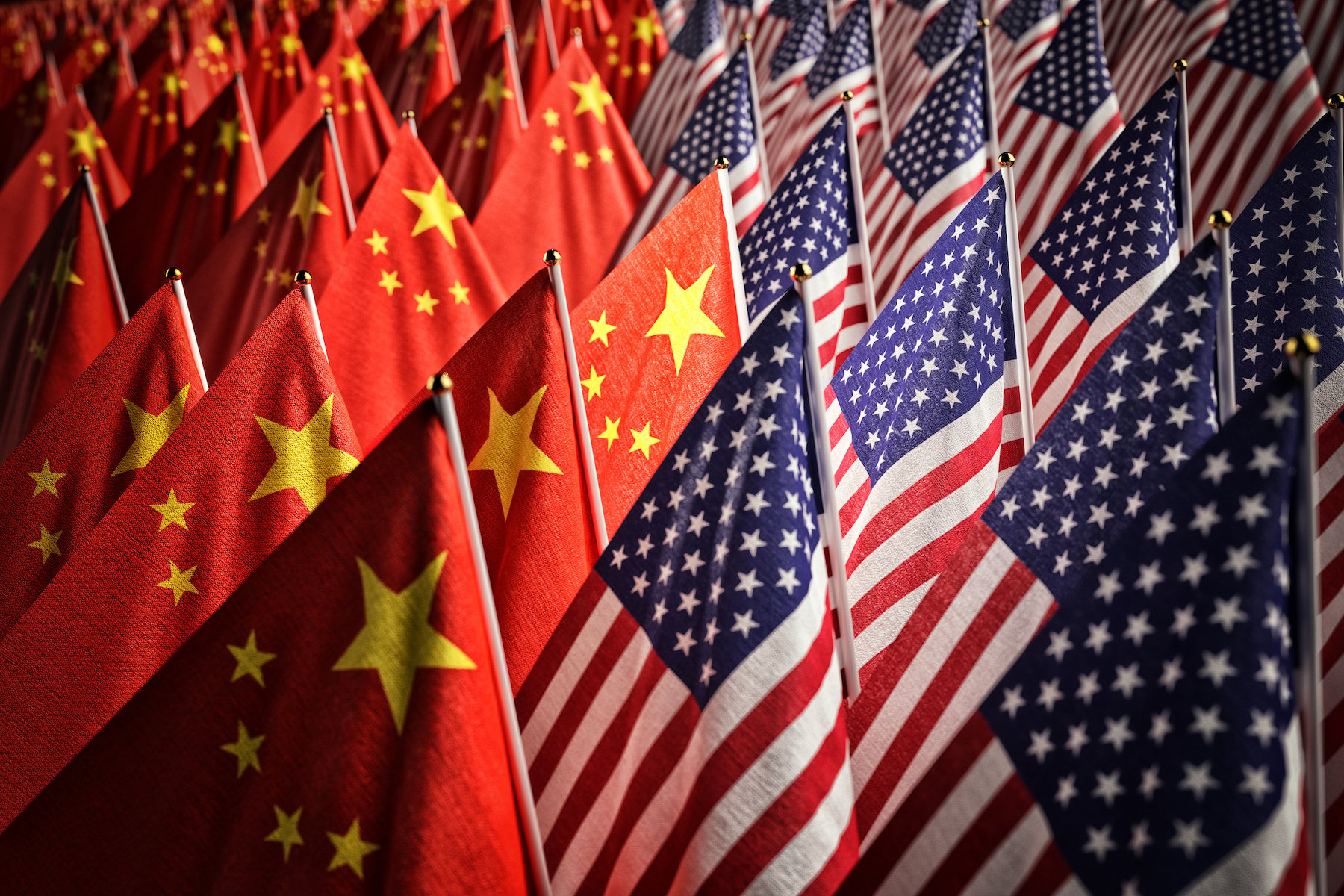






















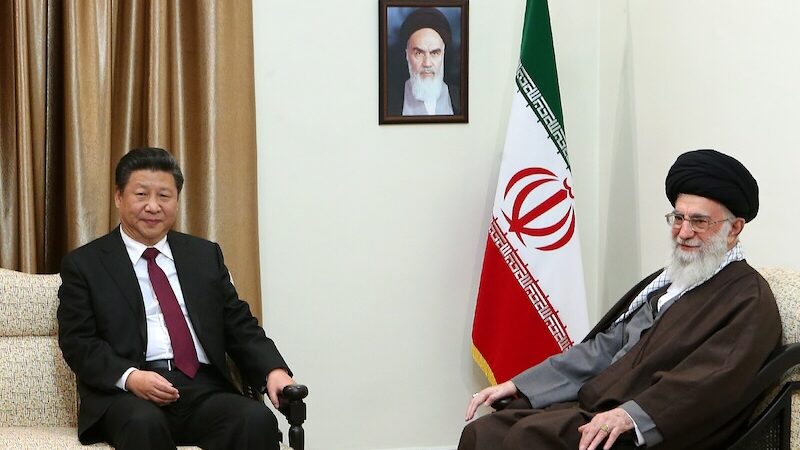
![The sights of the Paris Air Show Day 2 [PHOTOS]](https://breakingdefense.com/wp-content/uploads/sites/3/2025/06/IMG_1837-scaled-e1750181568851.jpg?#)














![[Updated] U.S. Air Force Mobilizes F-22s and F-35s as Situation in Middle East Escalates](https://theaviationist.com/wp-content/uploads/2025/06/F-22_F-35_CENTCOM-top.jpg)

















